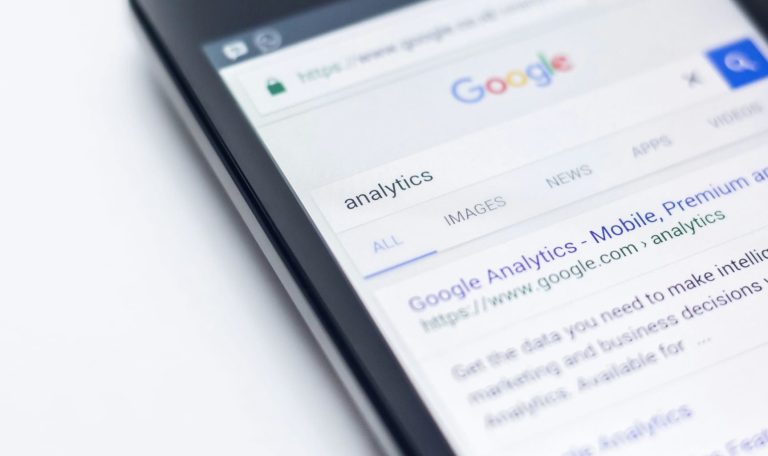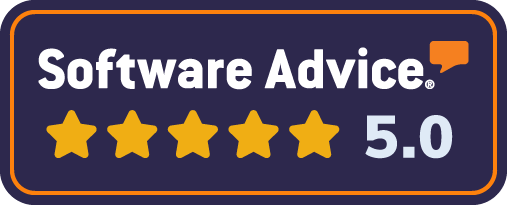The marketing landscape is undergoing a seismic shift. AI is not just changing the game; it’s rewriting the rules entirely.
At Emplibot, we’re at the forefront of this revolution, witnessing firsthand how AI-powered solutions are becoming the new norm in marketing.
This blog post will explore how marketers can future-proof their strategies in the age of AI and why embracing these technologies is no longer optional, but essential for survival in the digital marketplace.
Contents
ToggleHow AI Will Transform Marketing
The AI Revolution in Marketing Strategies
Traditional marketing strategies are becoming obsolete as AI-powered solutions take center stage. A recent study by McKinsey & Company reveals that organizations are most often using generative AI in marketing and sales, product and service development, and service operations. This underscores the urgency for marketers to adapt or risk obsolescence.
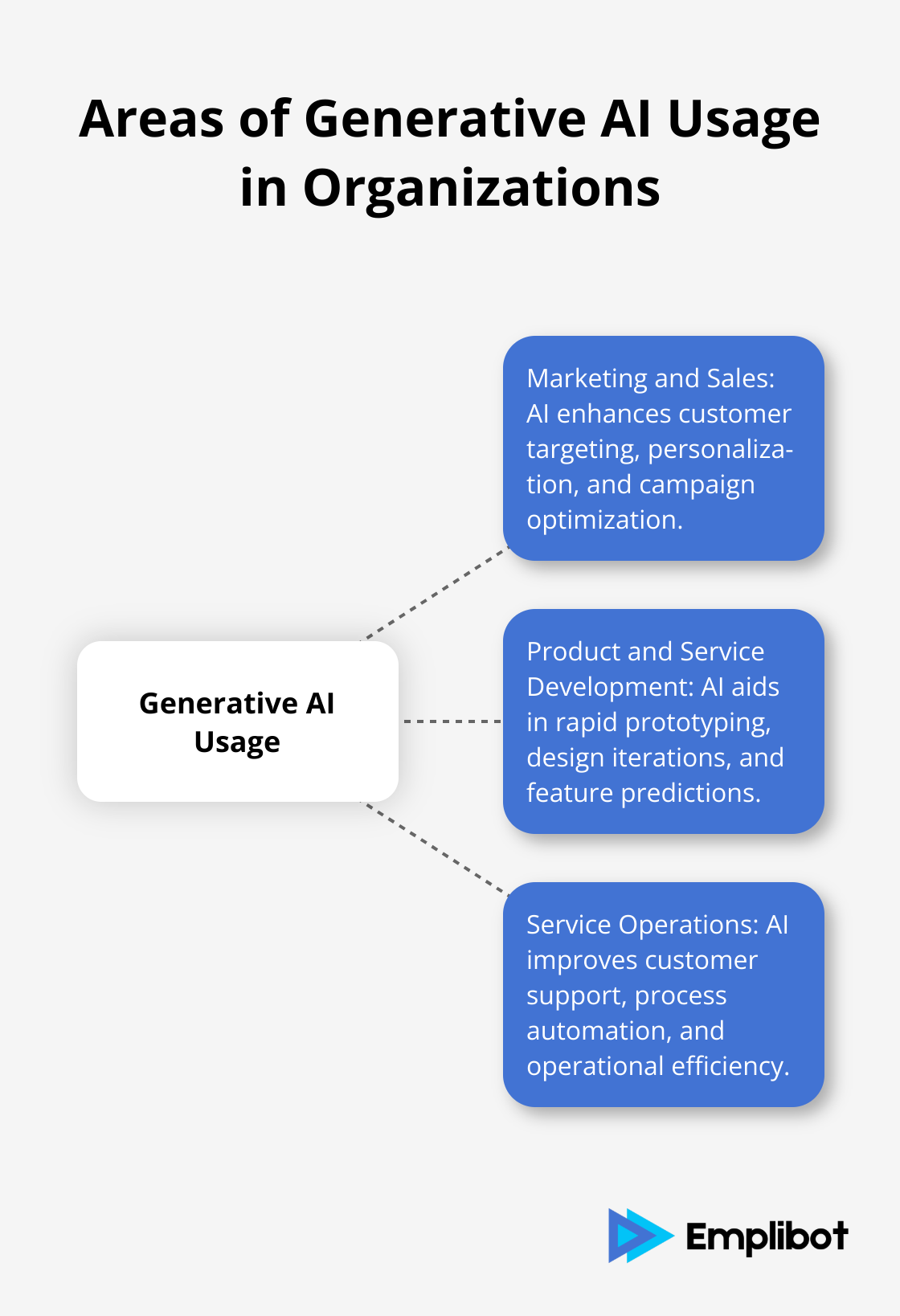
AI-Powered Hyper-Personalization
AI algorithms analyze vast amounts of consumer data to create highly targeted marketing campaigns. This level of personalization (previously unattainable with traditional methods) now sets new standards in customer engagement.
Predictive Analytics and ROI Optimization
AI revolutionizes how marketers measure and predict ROI. This capability allows marketers to allocate resources more effectively and make data-driven decisions with unprecedented accuracy.
The Dominance of Automated Marketing Solutions
The future of marketing lies in fully automated solutions. These tools don’t just supplement human efforts; they redefine the entire marketing workflow. Automated content creation, distribution, and optimization platforms lead this charge, offering end-to-end automation for various marketing tasks.
WordPress autoblogging and Shopify autoblogging exemplify how AI streamlines content marketing. These solutions generate, optimize, and publish content automatically, saving countless hours and resources. (Marketers who embrace these technologies gain a significant competitive advantage in the digital landscape.)
The Imperative of AI Adoption
The message resonates clearly: AI will take over marketing. Fully automated marketing solutions will become the norm, not the exception. Marketers who fail to adapt to this new reality risk becoming irrelevant. The time to embrace AI-powered marketing is now.
As we move forward, the gap between AI-adopters and laggards will widen. Those who harness the power of AI will enjoy increased efficiency, better ROI, and a competitive edge in an increasingly crowded digital marketplace. The AI-driven marketing revolution is already underway, and its impact will only intensify in the coming years.
The next chapter will explore how marketers can adapt to this AI-driven landscape, focusing on practical strategies to leverage AI for data analysis, consumer insights, and personalized content creation.
How to Implement AI in Your Marketing Strategy
Revolutionize Data Analysis with AI
AI transforms the way marketers process and interpret data. A Salesforce study reveals that 84% of marketers who use AI report improved customer journeys across all channels. AI-powered analytics tools uncover hidden patterns in your data and predict future trends. This level of insight allows for precise budget allocation and campaign optimization, which leads to higher conversion rates and customer retention.
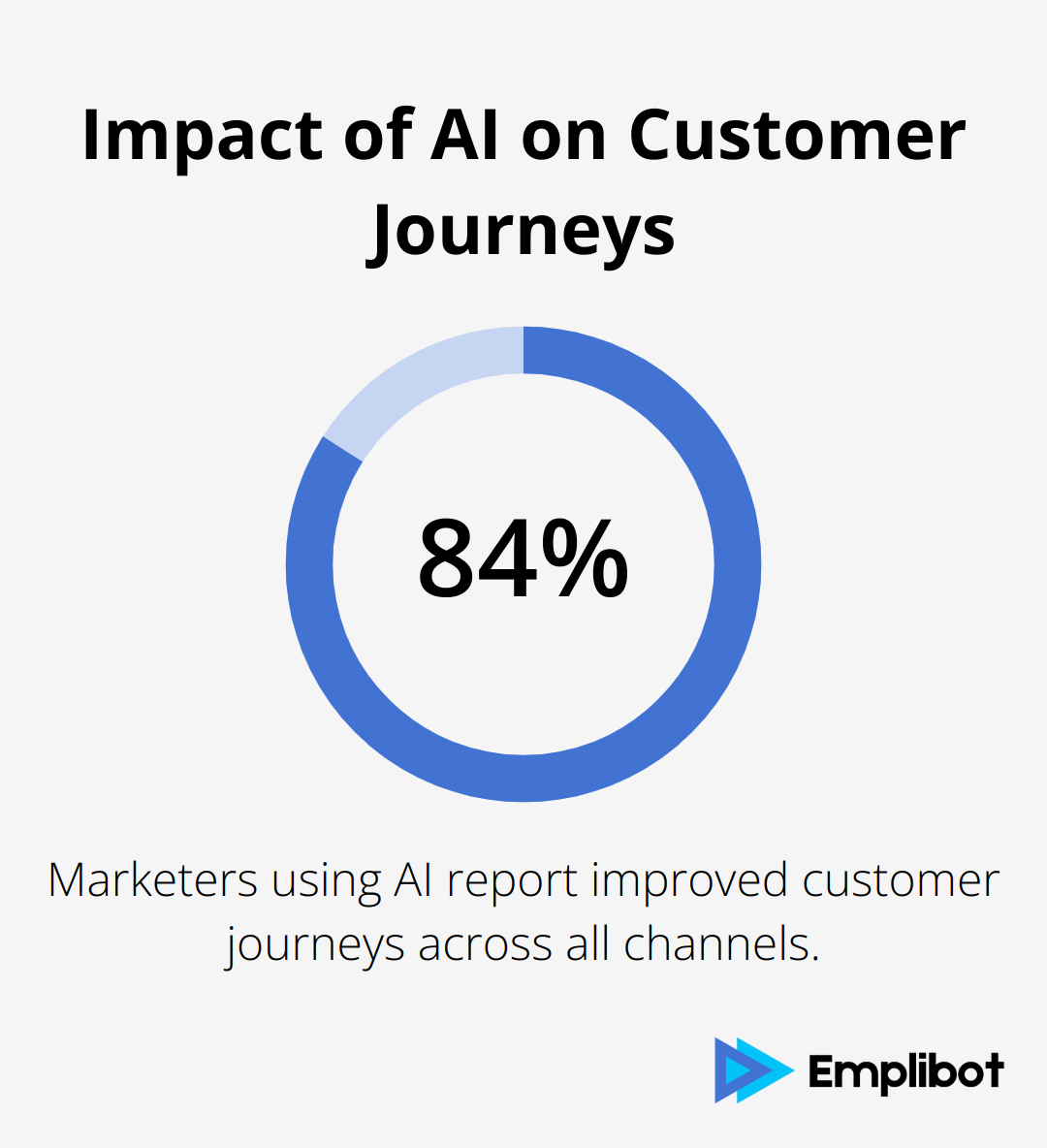
Customer journey analytics tools are transforming how businesses understand and optimize customer experiences across various touchpoints.
Supercharge Content Creation and Distribution
AI-powered tools generate high-quality, SEO-optimized content at scale. These tools analyze top-performing content in your industry, identify trending topics, and even generate blog posts, social media updates, and email newsletters tailored to your brand voice. AI optimizes content distribution by determining the best times to post on social media, personalizes email subject lines, and predicts which pieces of content will resonate with specific audience segments. This level of personalization and targeting dramatically improves engagement rates and drives more conversions.
Automate Your Marketing Workflow
AI streamlines your entire marketing workflow. WordPress autoblogging and Shopify autoblogging exemplify how AI transforms content marketing strategies. These solutions use advanced AI algorithms to research keywords, generate optimized content, and publish it automatically to your blog or e-commerce store. This approach saves countless hours of manual work and ensures a consistent flow of fresh, relevant content that keeps your audience engaged and improves search engine rankings.
Embrace AI-Powered Personalization
AI algorithms analyze vast amounts of consumer data to create highly targeted marketing campaigns. This level of personalization sets new standards in customer engagement. AI-driven personalization extends beyond simple demographic targeting, incorporating behavioral data, purchase history, and even real-time contextual information to deliver truly tailored experiences.
Optimize ROI with Predictive Analytics
AI revolutionizes how marketers measure and predict ROI. This capability allows marketers to allocate resources more effectively and make data-driven decisions with unprecedented accuracy. Predictive analytics is transforming marketing ROI optimization in AI-driven enterprises.
The future of marketing lies in fully automated solutions. These tools don’t just supplement human efforts; they redefine the entire marketing workflow. Marketers who fail to adapt to this new reality risk becoming irrelevant. The time to embrace AI-powered marketing is now.
As we move forward, the gap between AI-adopters and laggards will widen. Those who harness the power of AI will enjoy increased efficiency, better ROI, and a competitive edge in an increasingly crowded digital marketplace. However, this rapid adoption of AI in marketing also brings its own set of challenges. In the next chapter, we’ll explore how to overcome these hurdles and ensure ethical use of AI in your marketing practices.
How AI Marketing Challenges Can Be Overcome
Job Displacement: A Misunderstood Concern
The fear of AI replacing marketers is widespread but often misplaced. AI doesn’t eliminate marketing jobs; it transforms them. This shift demands marketers to adapt and evolve.
Marketers should focus on developing skills that complement AI:
- Strategic thinking
- Creative problem-solving
- Emotional intelligence
- AI technology proficiency
Those who master these skills will become indispensable in the AI-driven marketing landscape.
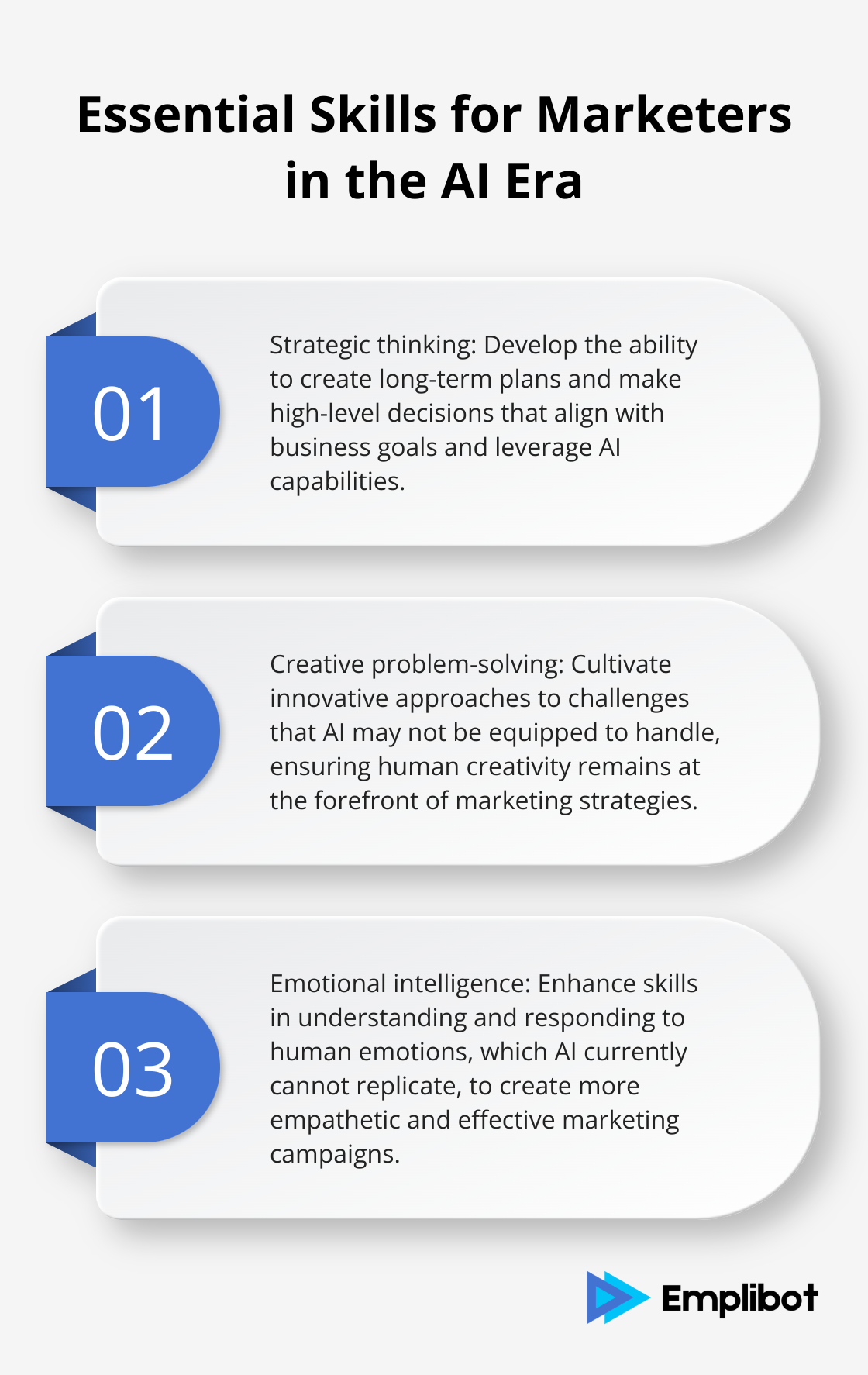
Ethical AI Use in Marketing
As AI becomes ubiquitous in marketing, ethical considerations take center stage. The main issues revolve around data privacy, algorithmic bias, and transparency.
To address these concerns, marketers must:
- Implement robust data governance policies
- Conduct regular audits of AI algorithms for bias
- Maintain transparency about AI use in customer interactions
The European Union’s General Data Protection Regulation (GDPR) provides a solid framework for ethical data use. Adhering to these principles (even outside the EU) can help build trust with customers and safeguard against potential ethical pitfalls.
Balancing Automation and Brand Authenticity
While AI excels at data analysis and content generation, maintaining brand authenticity can prove challenging. AI-generated content might lack the human touch that resonates with audiences.
To strike a balance between automation and authenticity:
- Use AI for data-driven insights, but let human creativity guide the overall strategy
- Implement a human review process for AI-generated content
- Create a strong brand voice that AI can emulate
Solutions like WordPress autoblogging and Shopify autoblogging (offered by companies like Emplibot) are designed to maintain brand consistency while automating content creation. These tools can be fine-tuned to match your brand voice, ensuring authenticity even in automated content.
Overcoming Data Quality and Integration Challenges
The effectiveness of AI in marketing heavily depends on the quality and integration of data. Poor data quality can lead to inaccurate insights and ineffective campaigns.
To overcome these challenges:
- Invest in data cleansing and normalization processes
- Implement robust data integration systems
- Train staff on proper data handling and management
High-quality, well-integrated data forms the foundation for successful AI-driven marketing strategies.
Addressing AI Skill Gaps in Marketing Teams
Many marketing teams lack the necessary skills to fully leverage AI technologies. This skill gap can hinder the adoption and effectiveness of AI in marketing strategies.
To bridge this gap:
- Invest in AI training programs for existing staff
- Hire specialists with AI expertise
- Partner with AI solution providers for guidance and support
AI will take over marketing. Fully automated marketing solutions like Emplibot will become the norm. Marketers who fail to adapt to this new reality risk becoming irrelevant. The time to embrace AI-powered marketing is now.
Final Thoughts
The marketing landscape undergoes a seismic shift, with AI at the forefront of this transformation. AI will take over marketing, reshape strategies, automate processes, and redefine customer engagement possibilities. The future of marketing is not just AI-assisted; it’s AI-driven.
Early adoption of AI-powered marketing solutions is no longer a competitive advantage-it’s a necessity for survival in the digital age. Marketers who embrace these technologies now will navigate the rapidly evolving landscape better, while those who hesitate risk falling behind irretrievably. The rise of fully automated marketing platforms like Emplibot signals a new era in content creation and distribution.
Future-proof marketing in the age of AI requires a willingness to adapt, learn, and integrate new technologies into existing workflows. It demands a shift in mindset from viewing AI as a threat to recognizing it as a powerful ally in achieving marketing goals (and amplifying human creativity). The time to act is now: embrace AI-powered marketing solutions, invest in upskilling your team, and prepare for an AI-driven future.




